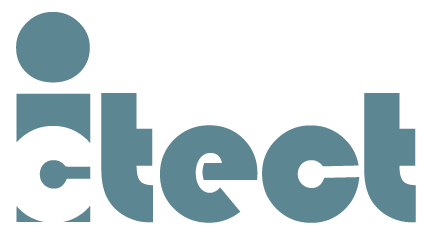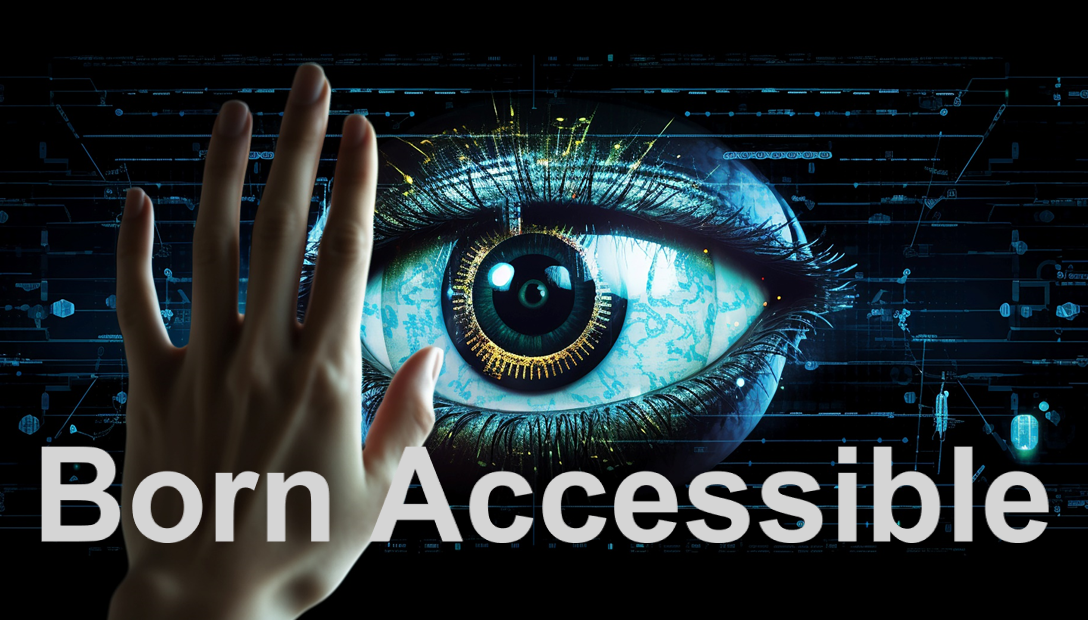
Return to News Page


by Barry Bealer
Sep 19, 2023
Why Hasn’t Your Organization Embraced “Born Accessible” Document Publishing?
Many articles have been written about the poor state of digital document accessibility today. However, accessibility includes more than just documents. From websites that are unusable to documents that can’t be read by assistive technology to desktop and cloud software that makes it almost impossible for the sight impaired to use. Meeting the various accessibility standards can be challenging but not impossible. The ADA Section 508 compliance standard for digital accessibility has been around for many years with a final rule that went into effect in 2018, however, many organizations still have challenges with becoming compliant.
When we look at digital document accessibility today, many organizations take the path of creating a document in Microsoft Word, then when finalized, creating a PDF which will eventually require accessibility remediation. This is an all-too-common problem at federal agencies, state and local governments, publishers, and almost all other markets. We’ve seen this problem repeat ad nauseam. Millions of dollars are spent on remediating PDF documents when in reality, taking appropriate steps upfront in the native document and editing process can reduce or eliminate accessibility remediation. Adobe estimates that 90% of PDF documents on the web today are inaccessible. This is a huge problem that will take time to resolve, and to effectively do so, there needs to be a change in the way organizations work.
Ictect creates "born accessible"
documents, thus eliminating
the need to remediate PDFs.
documents, thus eliminating
the need to remediate PDFs.
Our approach to address digital document accessibility is to provide the tools necessary in Microsoft Word to create “born accessible” documents, thus eliminating the need to remediate PDFs. Leveraging our accessibility pre-checks in icTools prior to document finalization provides assurances to the user. By the time a PDF is created for final output, both the PDF or ePub are created and remain digitally accessible.
We do this by combining the out-of-the-box accessibility capabilities in MS Word with the Adobe accessibility checker. Why do we need to do both checks? For one, MS Word and Adobe check for slightly different accessibility requirements. Having the capability for accessibility checks from both software packages combined makes for higher assurances that accessibility issues will be caught and addressed prior to PDF creation.
Additional accessibility capabilities for icTools being released in the near future include the ability to create and manage alt text in multiple languages using our Generative AI integration. With this, Alt text will be created for a specific persona of your choice (e.g., child, professional, teacher). Finally, we are also integrating the use of Generative AI for metadata creation which is a problem area for most documents but provides significant value to the sight impaired thus improving usability of the document.
While Ictect’s icTools can create “born accessible” documents, organizations need to embrace changes on how they create, edit, and publish documents that will result in huge gains at the end of the process while saving significant money for PDF remediation. As with many things in life, the more disciplined you are upfront, the better your results will be.




